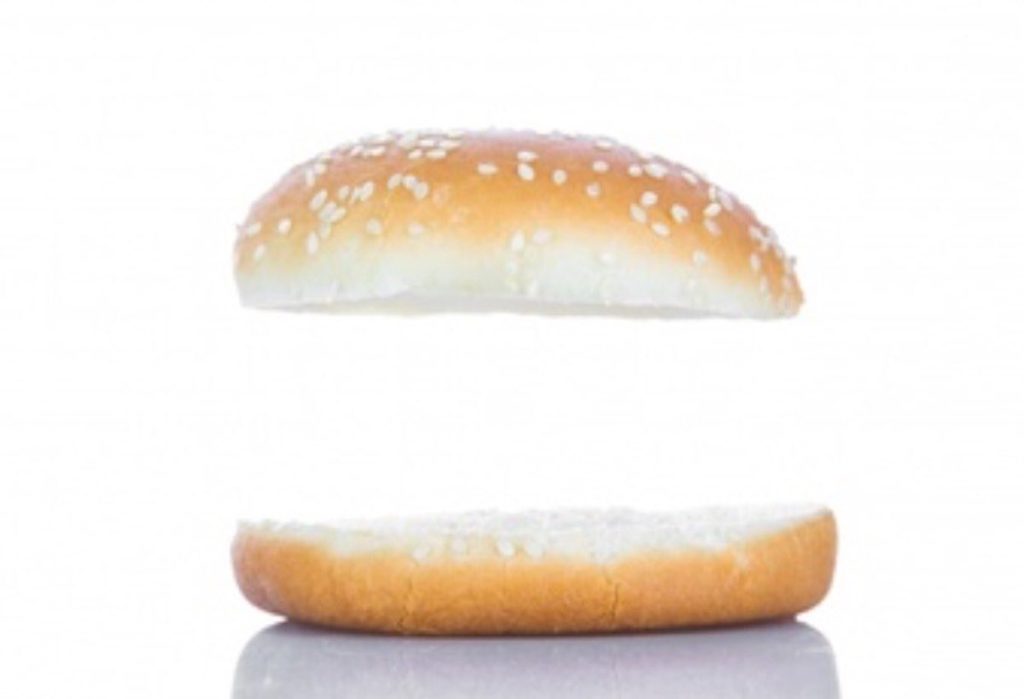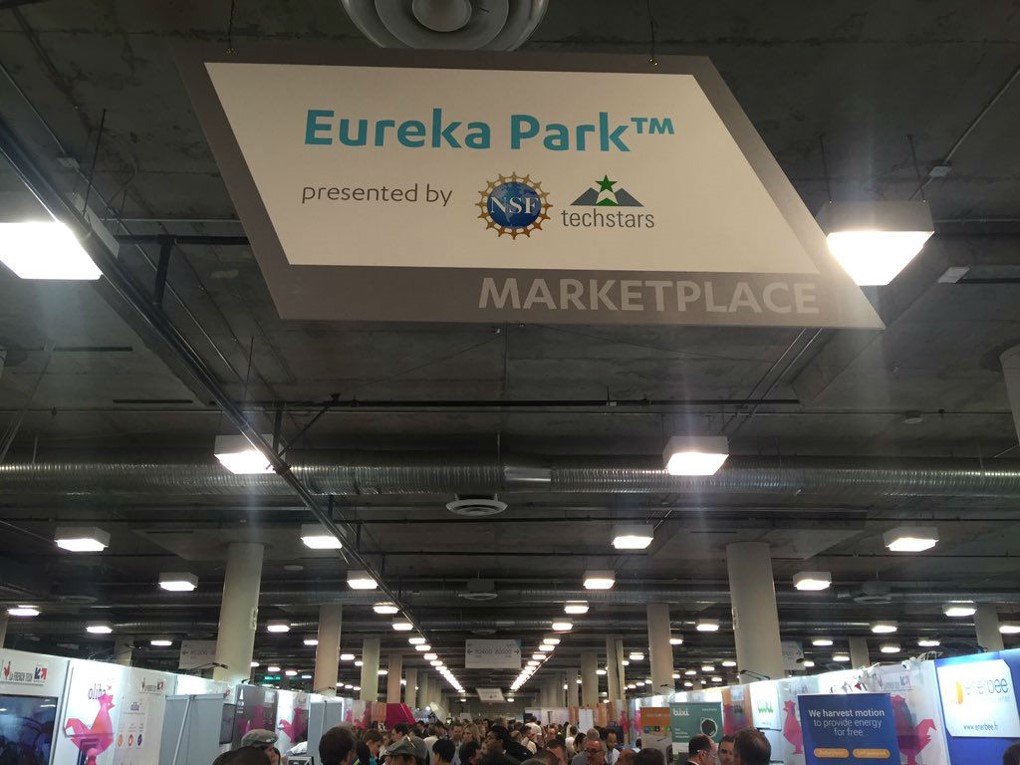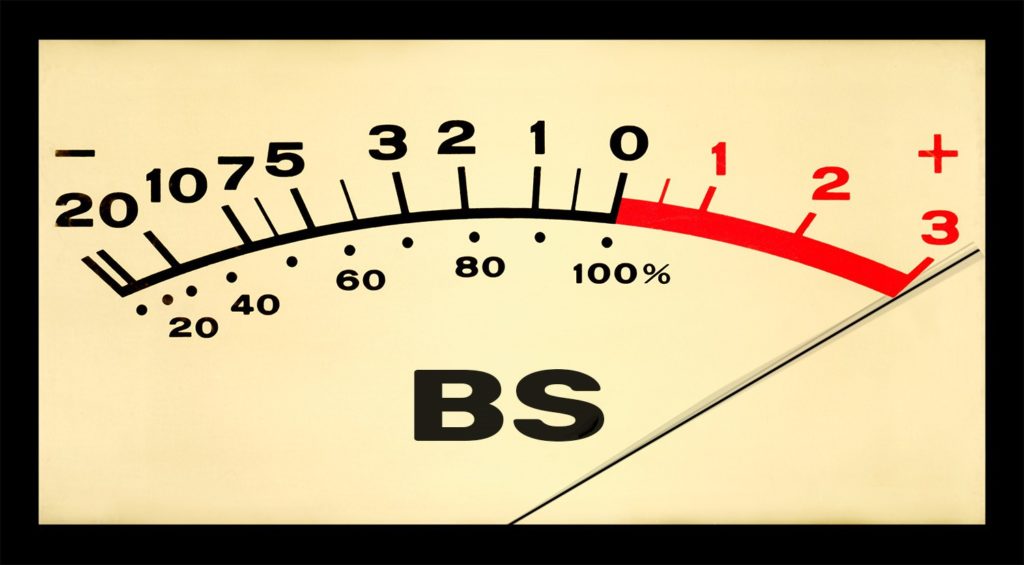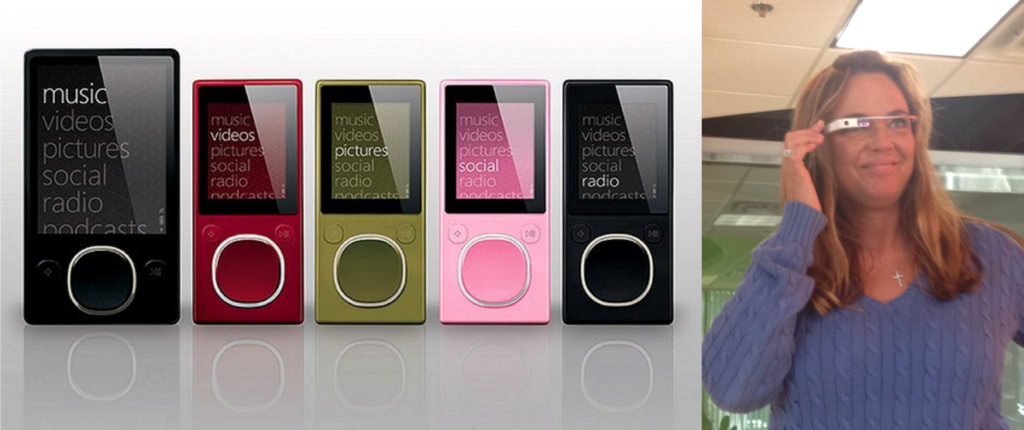
Not long ago, I was speaking with a very successful radio executive who’s always on the lookout for that competitive edge. One of the hallmarks of these times in which we live is the number of ideas, innovations, start-ups, and novel concepts that are being hatched in and out of radio. In these entrepreneurial times, it seems like everyone’s trying to come up with a true game-changer.
My question: How do you have time to consider all these concepts, most of which aren’t as good as their inventors think – and yet, one of them could end up being “the next big thing?”
And the response from that same CEO: “I don’t. There aren’t enough hours in the day to consider them all.”
That wasn’t a surprise to me, because I have similar difficulties fielding the many ideas and start-ups that come our way, especially from people I just don’t know. How do you make the call when a new concept drops in your lap? What are the signposts that guide your decision-making? How can you separate the people who are “all hat, no cowboy” from those who truly have the goods?
In many ways, the world of business has become a real life version of “Shark Tank,” where the pitches are slick and the promises are plentiful. While Mark Cuban, Laurie Greiner, and the other “sharks” are clearly pros, even they make mistakes, passing on potentially good business models, failing to step up on others, or investing in concepts that will never scale or see the inside of a Walmart.
Sadly, there’s no shortage of “nothingburgers.” In case you’re wondering, the origin of that term goes back decades, attributed to the late gossip columnist, Louella Parsons, who used it to describe a story, item, or a personality that turned out to be a non-event.
There just isn’t enough time, given how busy we all are, to consider, much less evaluate all the concepts put in front of us. And the more successful the company, the more it is a magnet for idea – promising and lame. Still, no one wants to take a pass on the next big thing.
 I’m reminded of Eureka Park, the bootstrap, start-up section at CES, housed over in the Sands Convention Center. This year, more than 900 of these inventors -a mix of geniuses, dreamers, and crackpots – jammed into a relatively small space to show off their wares. There isn’t enough floor time or bandwidth to see, much less consider, even a fraction of them.
I’m reminded of Eureka Park, the bootstrap, start-up section at CES, housed over in the Sands Convention Center. This year, more than 900 of these inventors -a mix of geniuses, dreamers, and crackpots – jammed into a relatively small space to show off their wares. There isn’t enough floor time or bandwidth to see, much less consider, even a fraction of them.
So, how do entrepreneurs, venture capitalists, CEOs, and investors make those difficult calls, and most importantly, make sure the big one doesn’t get away?
Perhaps there’s some cold comfort in knowing that if even if you let one slip by, there are have been others who have missed an even bigger prize. And they’ve become famous – or infamous – as a result.
Remember the best selling band in history – the Beatles – was rejected by Decca Records (often considered the biggest miscalculation in music history). That label ended up signing Brian Poole and the Tremeloes instead of the Fab Four. But they weren’t alone. The Beatles’ manager, Brian Epstien, was turned down by London-based labels Columbia, HMV, Pye, Phillips, and Oriole as well.
Then there’s perhaps the best quarterback to play in the NFL, the New England Patriots’ Tom Brady. In 2000 – the year Brady entered the draft – the five-time Super Bowl winner was finally chosen in the sixth round – repeatedly bypassed by every single team in the NFL.
Steve Jobs was vehemently against the idea of third party developers creating apps for his iPhone. It required much convincing and cajoling, and at least half a dozen phone calls by Apple board member Art Levinson to change Jobs’ mind. Since its debut exactly one decade ago, the Apple App Store has been a tech hit, generating $11 billion for the company last year alone.

So, how do you avoid these fatal mistakes, and put you and your company in position to differentiate between the Holy Grail and yet another bonehead idea?
It helps to read (everything), network with others, and attend conventions and conferences like CES and Podcast Movement (where I am today). It also helps to hire people who truly have that “radar” that sees through the noise to help companies and executives make the right calls. You can’t learn this stuff in school. It’s about having a feeling, a vibe, and an  innate sense of knowing what has potential….
innate sense of knowing what has potential….
…and what’s a “nothingburger.”
Here at Jacobs Media, we’ve had our moments – both good and not-so-good.
Clearly, Classic Rock was a win. So was The Edge. And when we started up jacapps, our mobile app development company, we were in the right place at the right time.
I’ve been fortunate to have hired some prescient people who knew just where the puck was going. Tim Davis, Lori Lewis, and Seth Resler are all great examples of Jacobs Media vets that were visionary and smart – when it came to digital and mobile, social media, and podcasting respectively. Their special gift: they all had very accurate BS detectors, that reliably went into the red whenever most of the hype-filled ideas came across our desks.
And while I’m hard-pressed to recall a big one that got away, I can think of some of the tech bets we made that didn’t quite pay off.
We were hopeful about the Microsoft Zune, a would-be competitor to the iPod that featured a built-in FM tuner. That one didn’t quite pan out.
And then there was Google Glass, an early wearable that intrigued us (especially me), so much so that were one of the first (and last) to purchase one. Once I started hearing buyers refer to buyers as “Glass-holes,” I had that sinking feeling that we’d placed a bet on the wrong horse.
That Google Glass still sits on my desk as a reminder of one of my very special (and expensive) “nothingburgers.”
And the same process occurs when it comes to identifying talent. Back when we signed KLSX on the air in the late ’80s, our first bona fide morning show was a guy named Phil Hendrie. Programmer Tom Yates struggled with him, and I couldn’t “hear” Phil. After much flailing, we let him go. And you know the rest of that story.
Perhaps it’s somewhat reassuring to know even the biggest of the big make big mistakes.
The Amazon Fire Phone was a total disaster. And certainly this first generation of the Apple HomePod is not looking at all promising. And these are both products from two companies that are among the biggest, best, and most respected in the world.
For every “epic fail” these innovative companies endure, their victories, breakthroughs, and innovations are the ones we tend to remember. No one remembers Apple’s Newton. But who can forget the iPad?
And so it is in the radio business, where we recall and celebrate the wins. The “nothingburgers” – miscues, turkeys, screwups, and fails – tend to be forgotten.
And that’s encouraging, because for the industry to progress, reinvent, pivot, and even reboot, there will most assuredly be potholes, speed bumps, and road blocks. But we have to keep trying.
Knowing a turkey from “the next big thing” is an art – not a science.
And to do nothing and hope it wil work out is not a strategy.
It’s a “nothingburger.”
- What To Do If Your Radio Station Goes Through A Midlife Crisis - April 25, 2025
- A 2020 Lesson?It Could All Be Gone In A Flash - April 24, 2025
- How AI Can Give Radio Personalities More…PERSONALITY - April 23, 2025




Hmm.
I still have my Zune.
Great piece, Fred!
So, do I, JC. 🙂
Fred,
Great column today. Yes, the “nothingburgers” do tend to be forgotten, but I’m glad you highlighted several, as there are plenty of lessons to be learned. -Arvid
Arvid, appreciate that. Thanks for reading our blog.
I have a Newton. At one time there was a “Newton Users Group” in the state of Michigan. The entire State. Just one group.
Well, hang onto it. I’m hoping I can sell my Google Glass on eBay in 2030. Right.